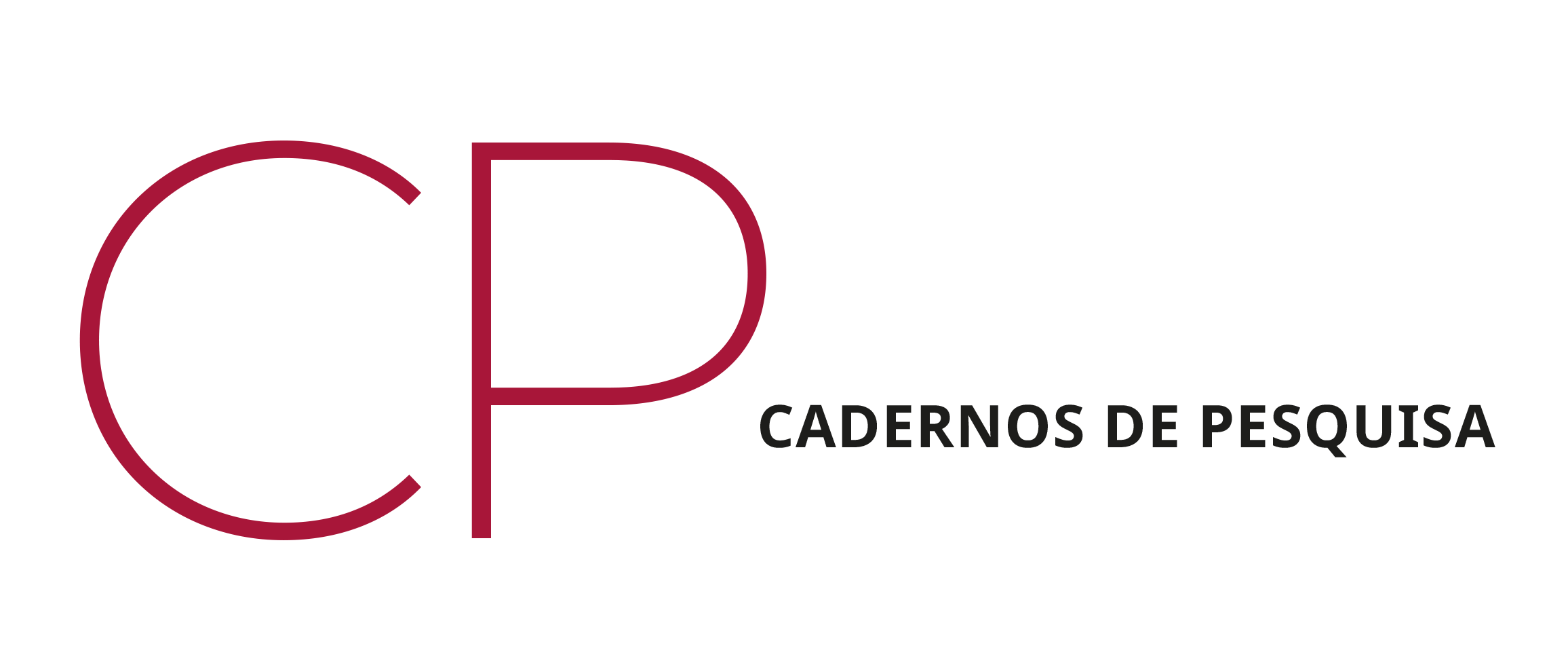This article is the result of ethnographic research that was carried out in Portugal, Brazil and Canada on the professional activities of social assistants. It is centered on aspects relating to the knowledge that is constructed during their interaction with the population. The professional activity of social assistants responds to problems that individuals experience in a singular way; these responses result from the way the social, economic and political structures as well as the systems which influence the lifestyle, life paths and living conditions of individuals, groups and both their individual and collective identities. The answer to these problems in action demands professional knowledge that comes from a specific social and cognitive structure; this knowledge is the basis of the identity form constructed and reconstructed by individual and collective reflection as well as the affirmation of professional autonomy in their actions. The professionals work under constant tension, intrinsic to the action itself, in order to reinvent and adapt procedures that are difficult to codify and formalize when complex social relationships intersect with diverse and at times, antagonistic logics. The tensions, conflicts and limits within the context of the interaction with populations are factors of uncertainty and complexity. To act under these conditions, the professionals need a pattern of regularity and generality that establishes itself as the professional procedures for action, as this article shows.
professions; skills; social assistants; social relations




